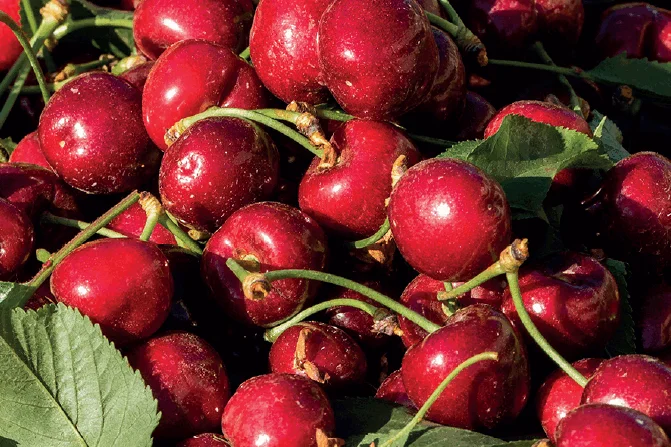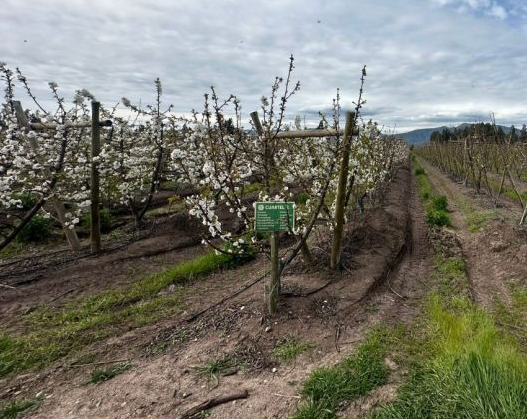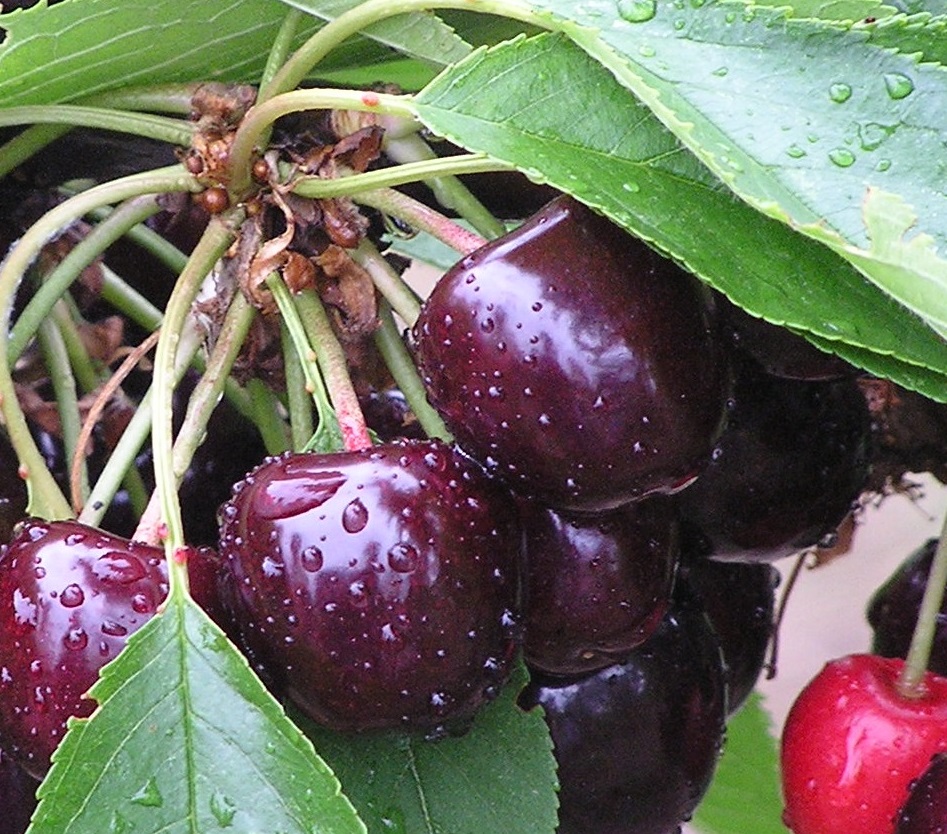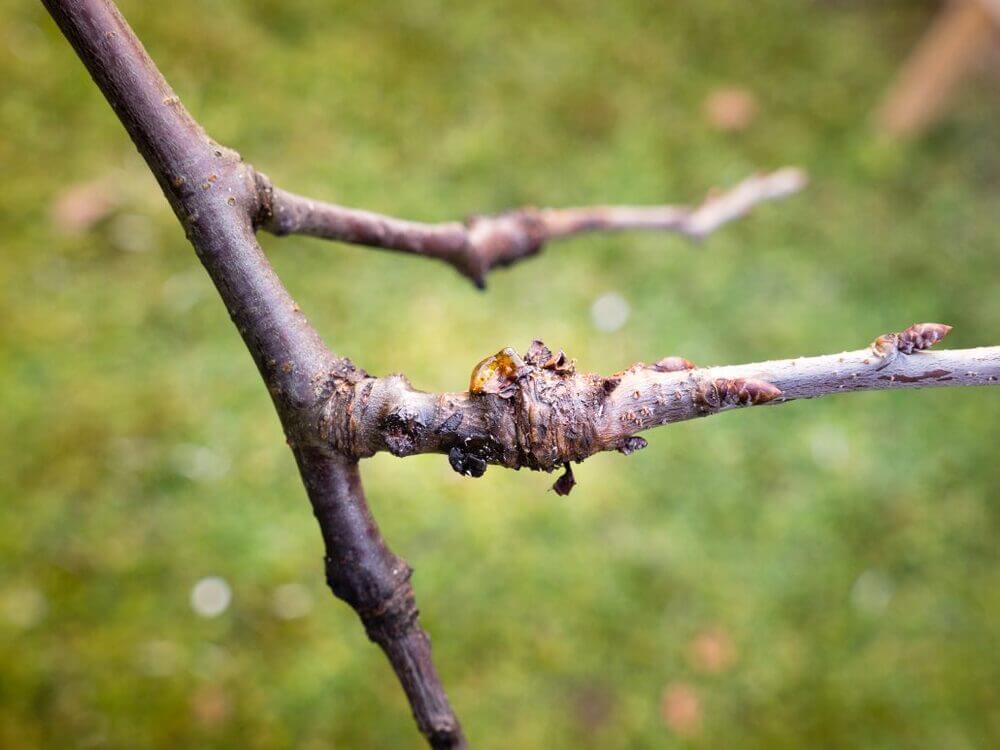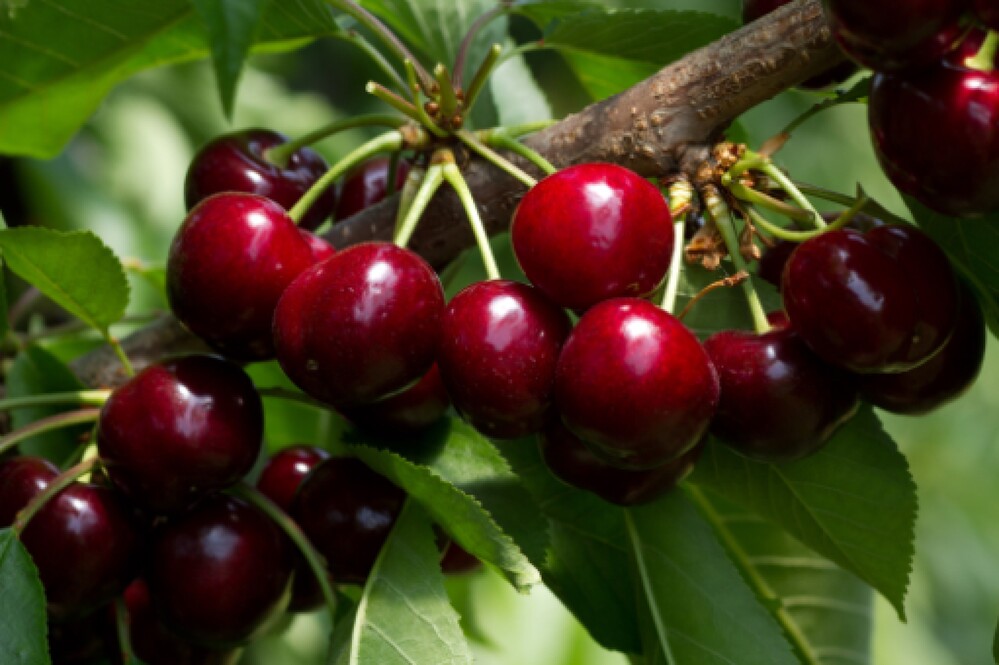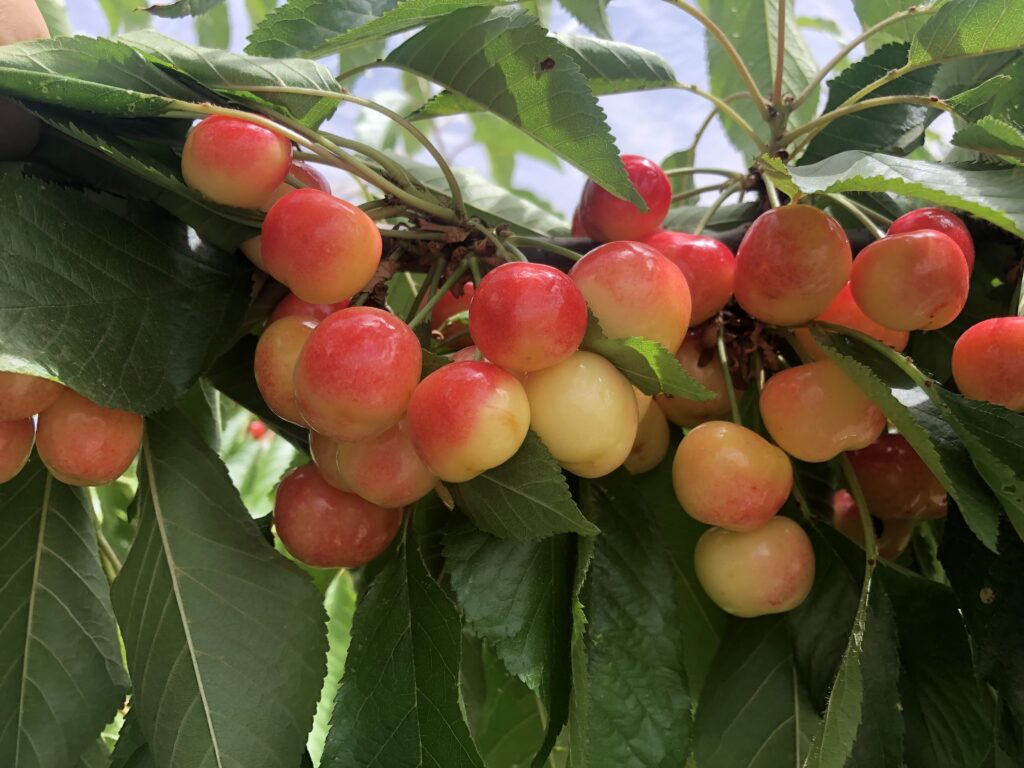How to improve cherry quality by reducing bruises and postharvest decay
22 May 2025
Bruising, pitting and rot affect postharvest cherry quality. Learn how container choice (totem, bucket, or capacho) and cherry variety (Santina, Sweet Heart, Regina, Lapins) influence firmness, mechanical damage and shelf-life under cold storage conditions.




